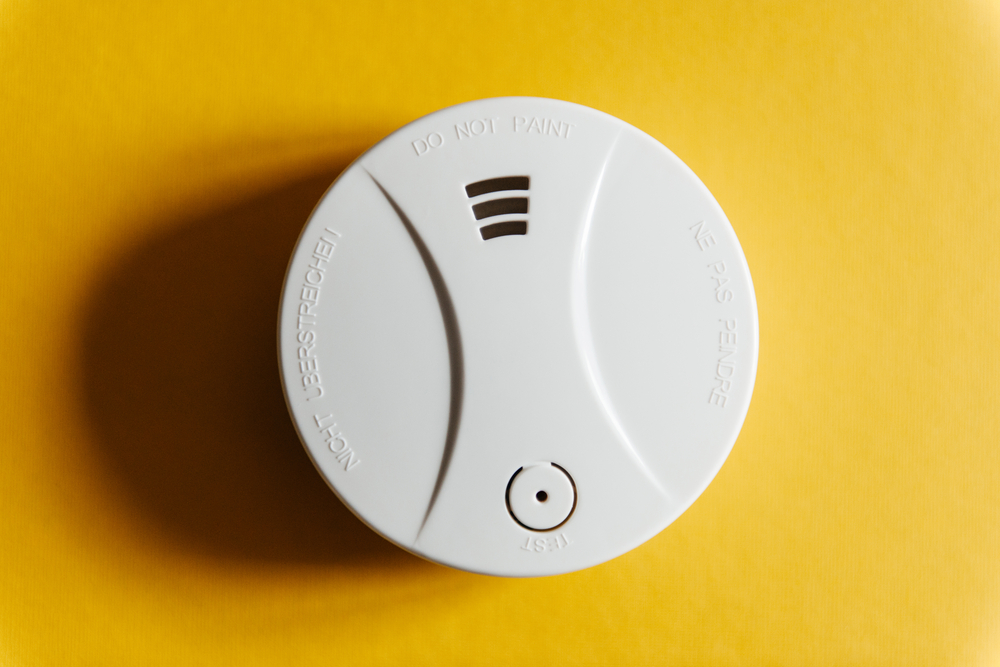Days
Hours
Minutes
Seconds
May 1 2026 - Renters' Right Act Commencement Day
You have 0 days to:
Serve any final Section 21 notices
Stop accepting above-asking rent offers
Prepare for the rental bidding ban
Remove “No DSS” from adverts
Remove “No Children” from listings
Show one clear rent price
Stop using fixed-term agreements
Switch to periodic tenancy templates
Check which tenancies go periodic
Stop taking rent before signing
Take no more than one month’s rent
Move all evictions to Section 8
Train staff on new notice rules
Create Section 13 process flow
Add two months to rent reviews
File court claims for Section 21s
Update landlord move-in grounds
Update landlord selling grounds
Send the RRA Information Sheet
Create written terms where missing
Update How to Rent processes
Review tenant screening questions
Update pet request processes
Stop backdating rent increases
Discuss rent protection backbooks
Act now before it is too late...
Improving Electrical Safety Standards in the private rented sector
The introduction of Electrical Safety Standards in the Private Rented Sector (England) Regulations 2020 during the pandemic has led to extra safety measures being put in place - and highlighted potential bottlenecks in the process, in this extract from our e-book, "Your guide to lettings and the law, Vol II".
The Goodlord team
Nov 11, 2020
Since 1 July 2020, landlords and agents in the private rented sector in England have been required to carry out electrical installation inspections and testing on all new tenancies in England under the new Electrical Safety Standards in the Private Rented Sector (England) Regulations 2020. This legislation will extend to include all existing tenancies on 1 April 2021.
The regulations were introduced to improve electrical safety in the private rented sector, and bring it in line with gas safety measures. Luke Spanton, Head of Private Rented Sector Standards at the Ministry of Housing, Communities and Local Government, is confident that most landlords are already actively “ensuring the safety of their tenants” with regular inspections. “These regulations simply require all landlords to do by law what the majority of good landlords are already doing,” he says.
The introduction of the regulations went ahead as planned during the pandemic, with additional Covid-19 safety guidelines for working safely in other people’s homes. Where the property can’t be accessed as the tenant is self-isolating, for example, the landlord or agent must prove that they’ve “taken reasonable steps to comply”, keeping a clear trail of communications to demonstrate this.
These regulations, coupled with the strong lettings demand, have highlighted a potential bottleneck with “a greater demand for professionals carrying out electrical checks than ever before,” says Tom Harrington, Managing Director of PropCert. “High tenant demand means that agents and landlords will be under pressure to get these checks completed quickly so moves aren’t delayed.”
Harrington suggests “managing the process through trusted suppliers and using the services of the best qualified electricians" to ensure all checks are carried out within the necessary
timelines and to the required standards.
Even for new builds, with fewer updates to make, tracking down the relevant documentation may cause additional delays. “Obtaining existing Electrical Installation Certificates [EICs] is a challenge for new builds. Until now, we didn’t have to have the EICs by law, so tracking them down can be a real issue,” says Tim Leffler, Group Director of Compliance at Ezytrac. “There’s no central register kept and developers have often moved on from a project and archived all the work on a particular site. Electrical contractors also are not keen to ferret around looking for an EIC they carried out previously. They can legitimately charge for this service and it may be more cost-effective to get a new EICR carried out if a copy of the EIC cannot be located quickly.”
Looking to the future, the raft of legislation changes may require further education around the importance of meeting these standards. The NICEIC, a trade body which assesses electrical contractors and manages a database of 36,000 registered operators, found that only seven percent of landlords recently surveyed check for professional accreditations in their contractors.
The trade body also says that the government’s temporary stamp duty cut until 31 March 2021 may boost buy-to-let property sales for first-time landlords - who won’t necessarily have a “full understanding of the responsibility it entails” when it comes to safety checks.






